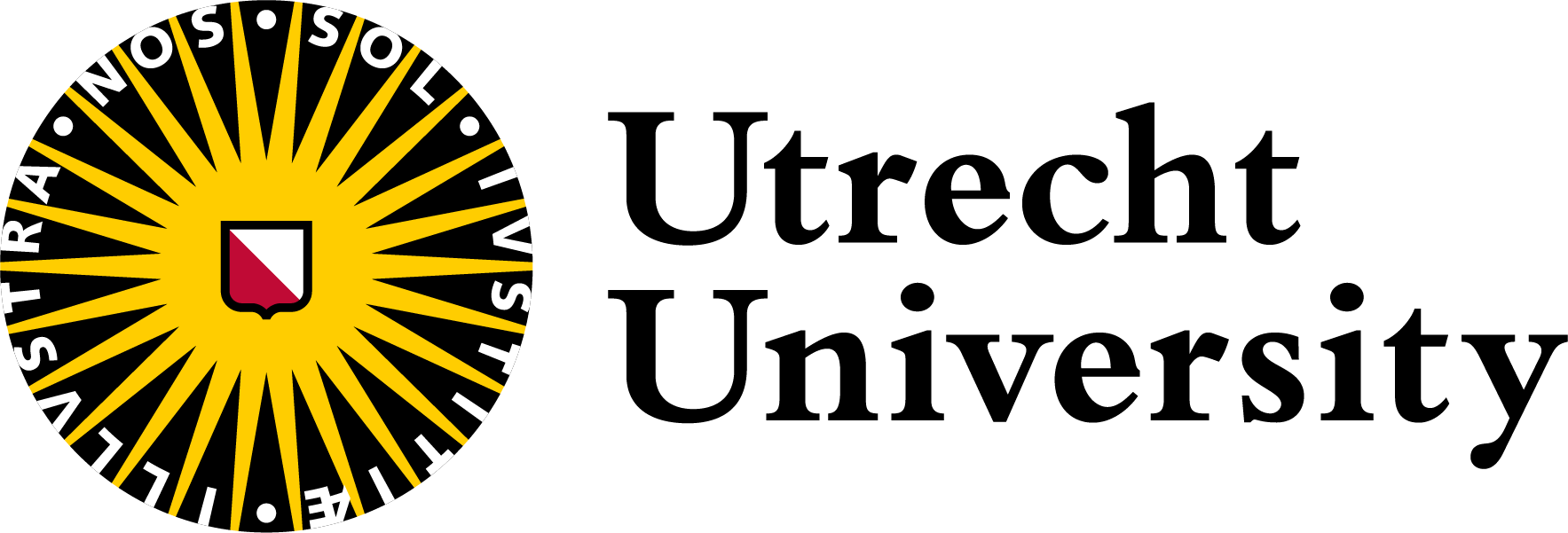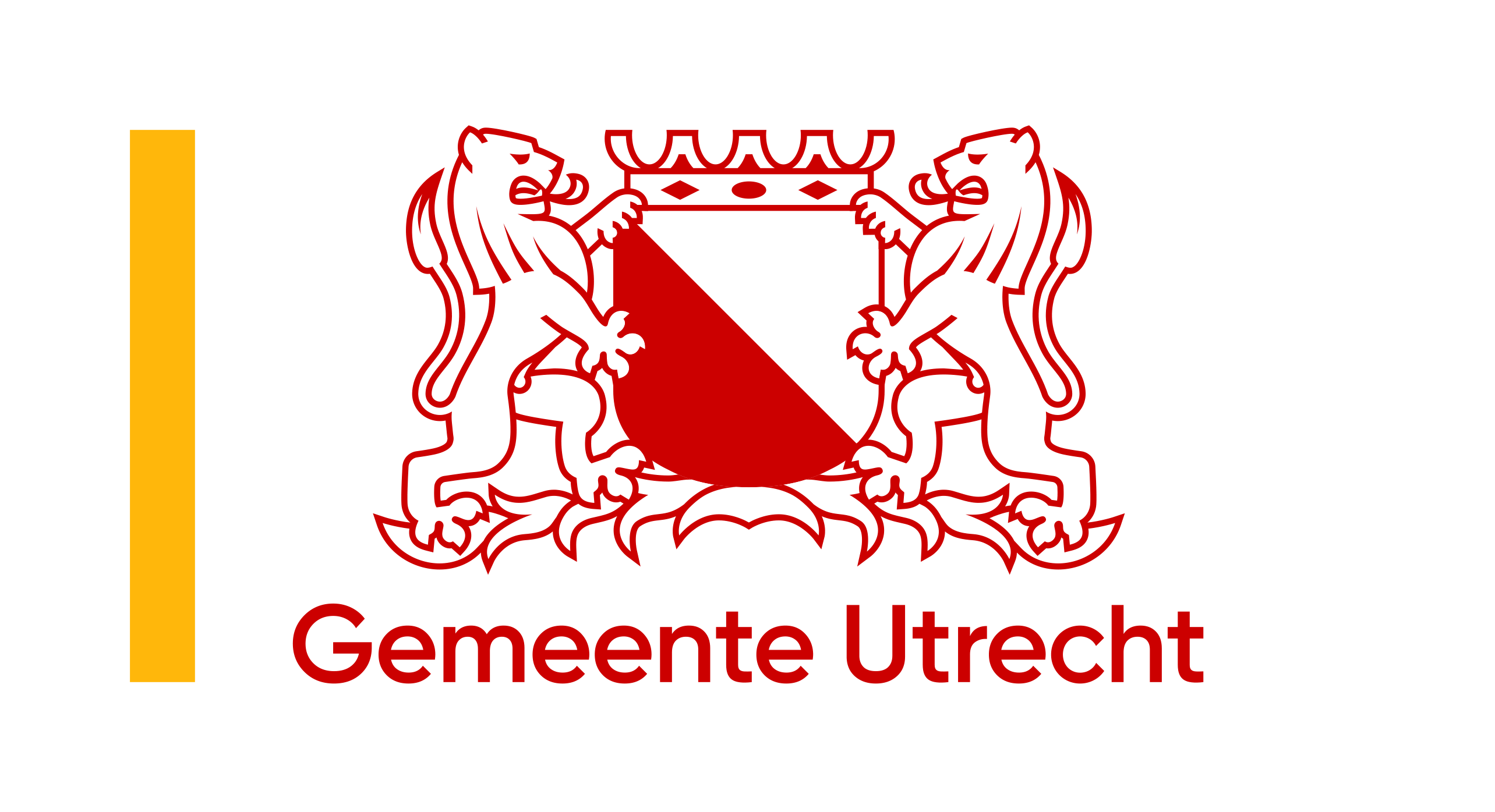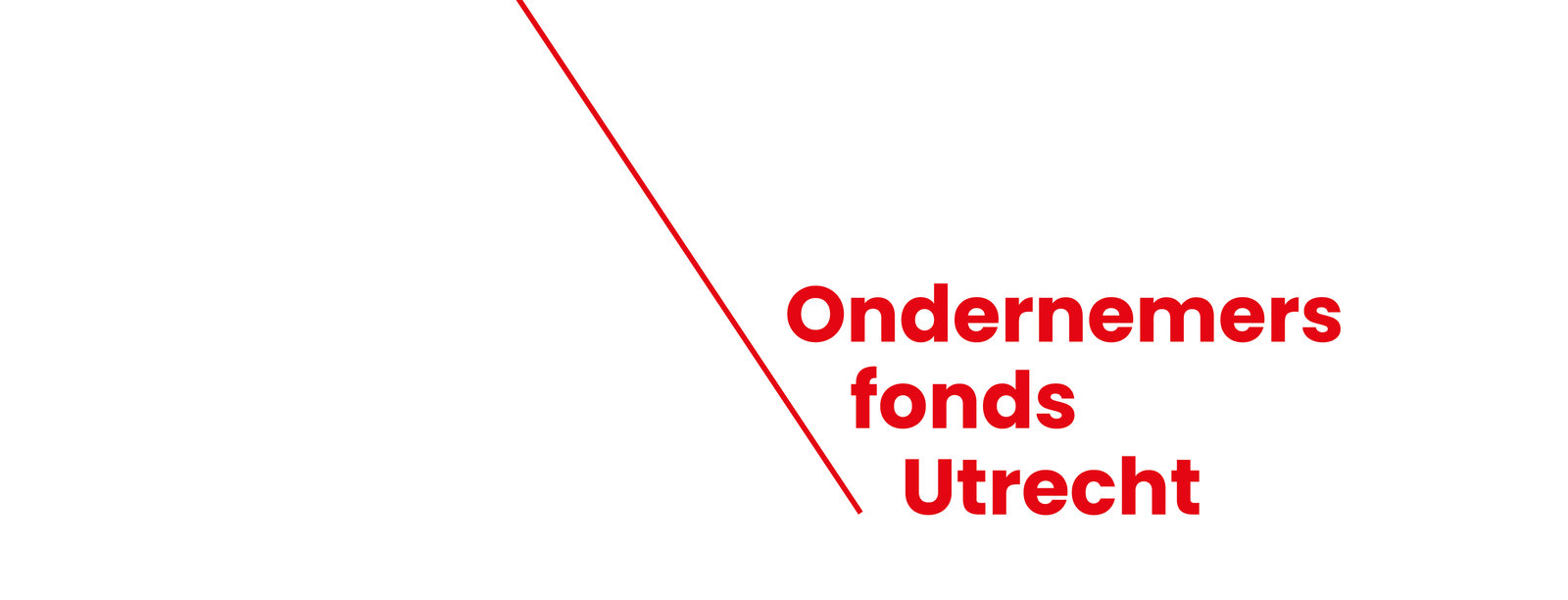Education vision document helps umc's become more sustainable
The climate crisis is currently the biggest threat to public health. As UMC Utrecht, we contribute to improving that public health for everyone. This is why we need to become more sustainable, and our future healthcare professionals - our students - play a big role in this. Now, the academic programs from the NFU have initiated the vision document 'Planetary health in umc education' in order to give planetary health (more) attention in education.
The document 'Planetary health in the umceducation' is there for inspiration to give students the right competences regarding planetary health in education. The vision document provides a guide with practical examples for all healthcare related education. More education on planetary health contributes to a sustainable healthcare sector and a healthy, just society for all. This applies to both the current generation and future generations, nationally and internationally.
Putting planetary glasses on students
Our colleague Noortje Campman, policy officer for educational innovation at the Faculty of Medicine, is the initiator of the vision document, which was created in cooperation with all umc's. She says: "At the moment there is an imbalance between man and nature and the limits of nature are being exceeded. Not only in terms of CO2 emissions, but also when it comes to biodiversity and water quality. The healthcare sector contributes significantly to this. It is our task and responsibility to devise solutions to tilt this negative impact through connection and a positive approach. We need to organize healthcare differently. We want to teach students in our courses about the relationship between sustainability and health. Put planetary glasses on students!"
Interdisciplinary collaboration for sustainability
Embedding sustainability in the Medicine, Biomedical Sciences, Clinical Health Sciences programs at UMC Utrecht has already begun. For example, the e-module 'The sustainable scientist' for research courses is already being developed. Noortje: "The theme of social inequality is also returning to education. For example, vulnerable groups are suffering more from the ecological crisis and therefore specific attention is paid to these groups. We also want to stimulate cooperation between disciplines, such as business administration, engineering, biomedical sciences and medicine. That way we can tackle complex sustainability issues. I see that as an opportunity."
Collaborate, connect, embrace
So in order to give planetary health (more) attention in education, the academic programs have now joined forces from an NFU collaboration and funded by the Green Deal Sustainable Care of VWS. Noortje: "I am proud that we have realized this and that this vision is supported. I hope that this vision document will help educators to embed the theme of planetary health and sustainability in healthcare education. By strengthening national cooperation, inspiring each other and embracing the exchange of educational building blocks, each training can integrate planetary health into education in its own way."
At UMC Utrecht, we work every day to improve people's health. Human health is inextricably linked to the health of the planet we live on. Climate change and environmental pollution has a huge impact on human health. As a healthcare sector, we are a major polluter when it comes to CO2 emissions from our energy consumption, mobility and the materials we use. To increase our positive impact on health, we must reduce our negative impact on the environment and climate. Read more.
Source: UMC Utrecht








